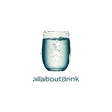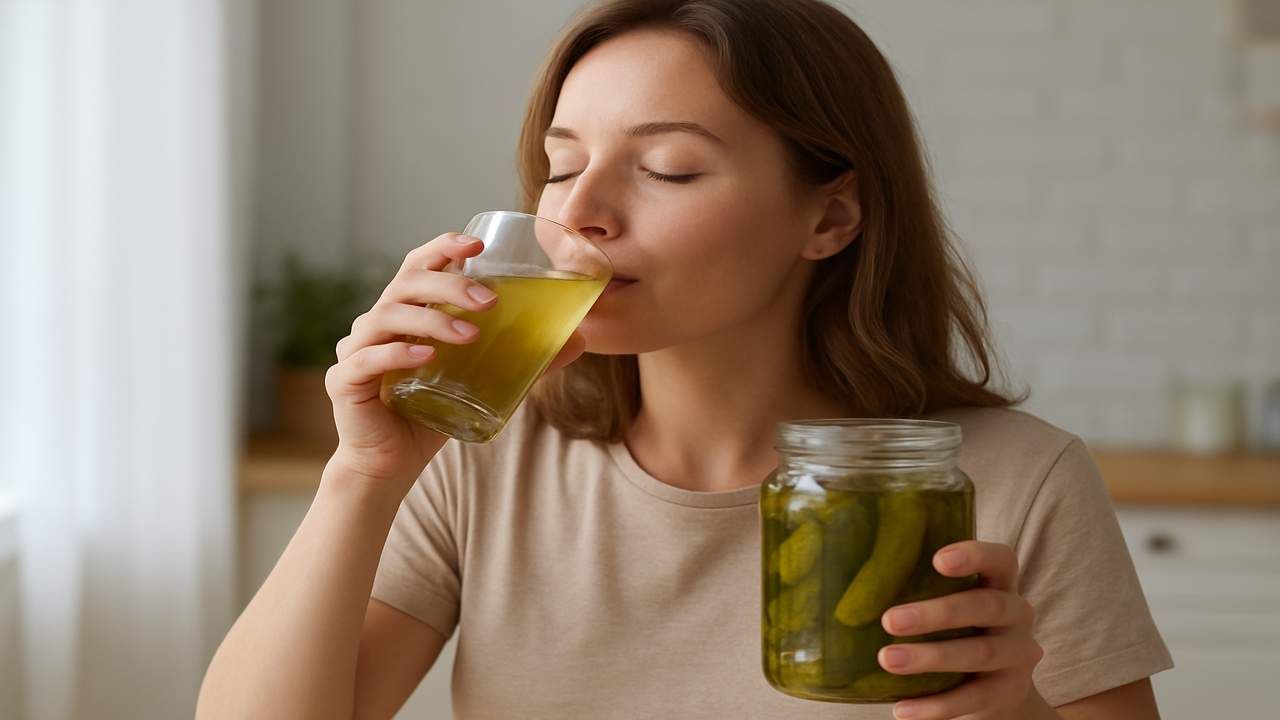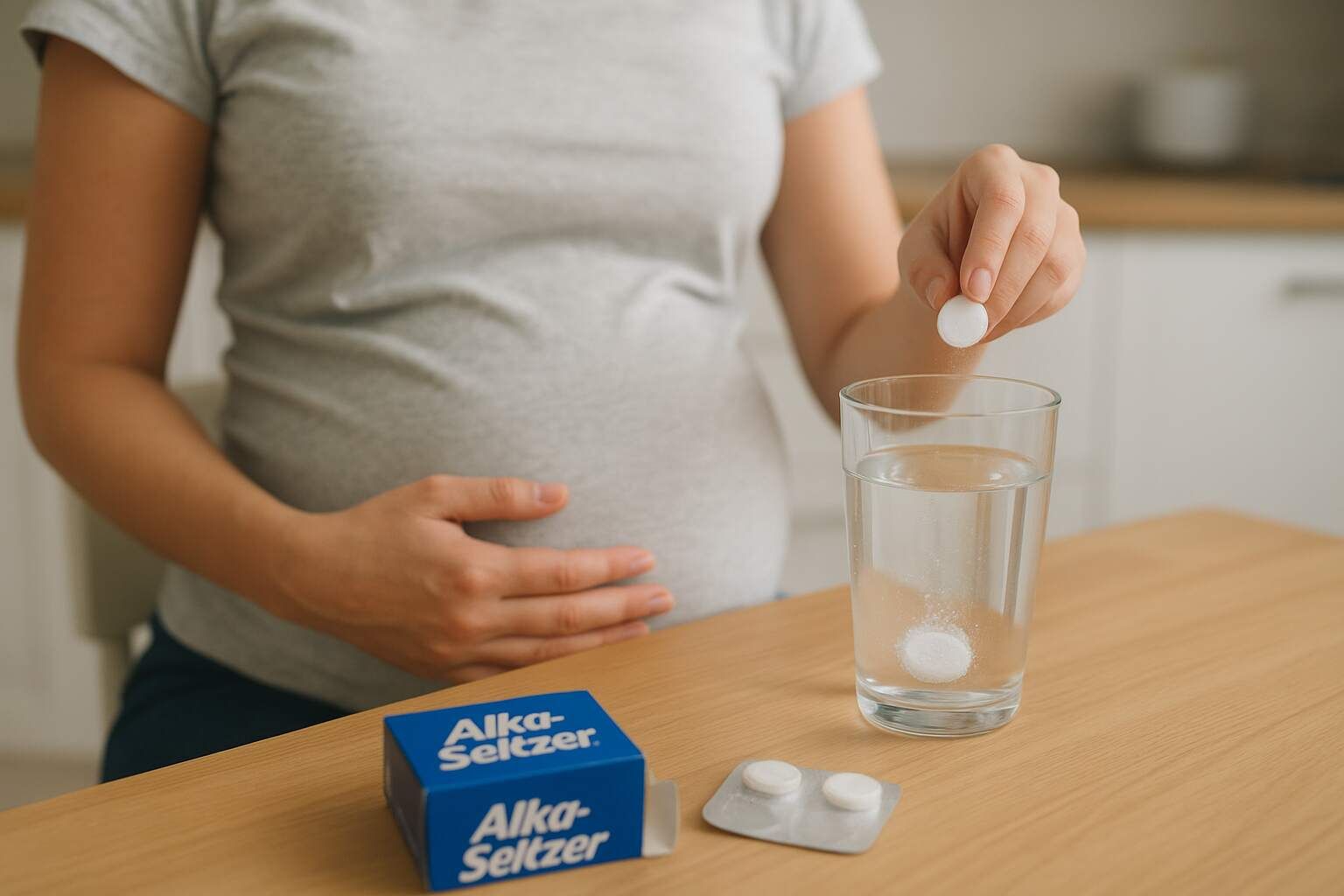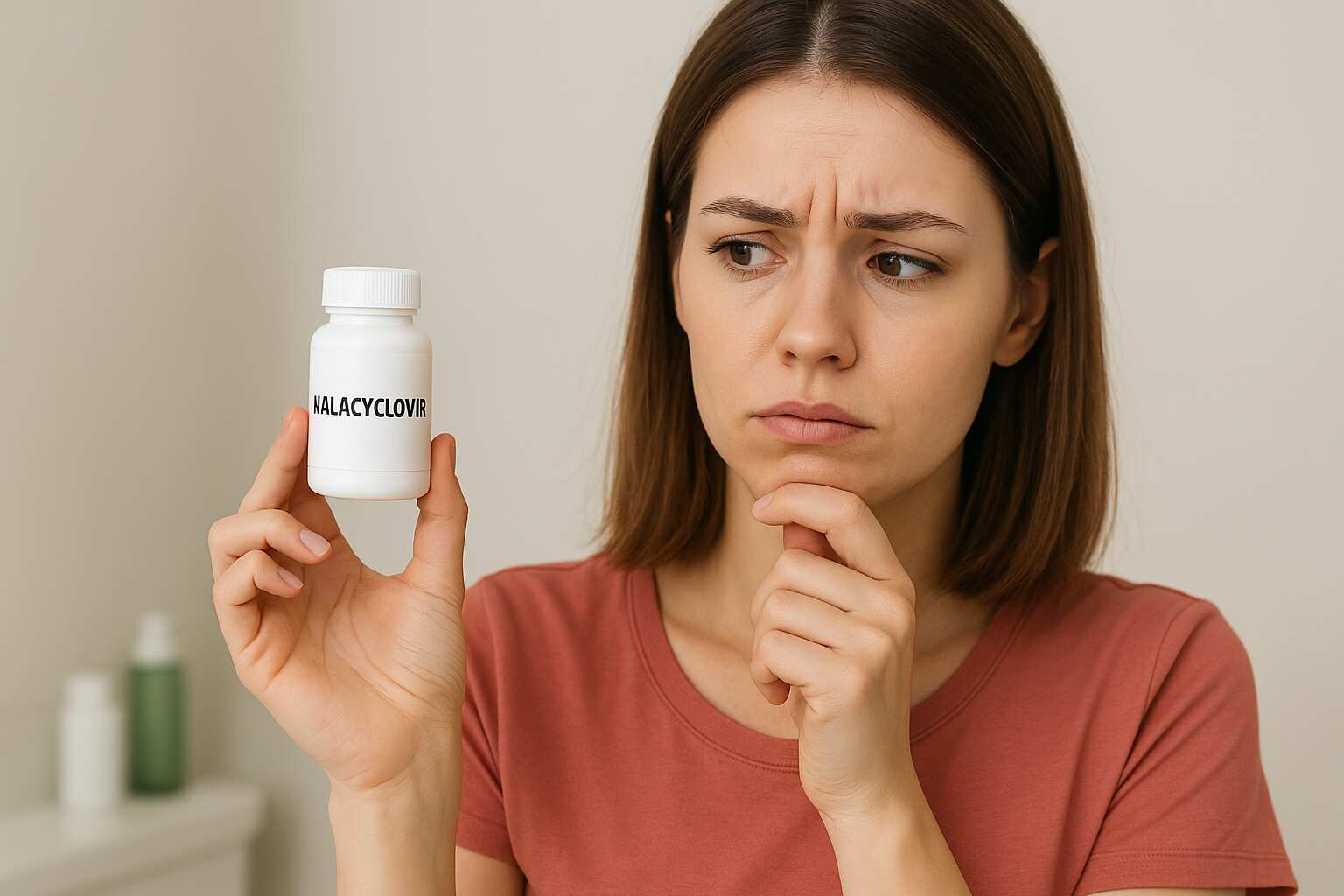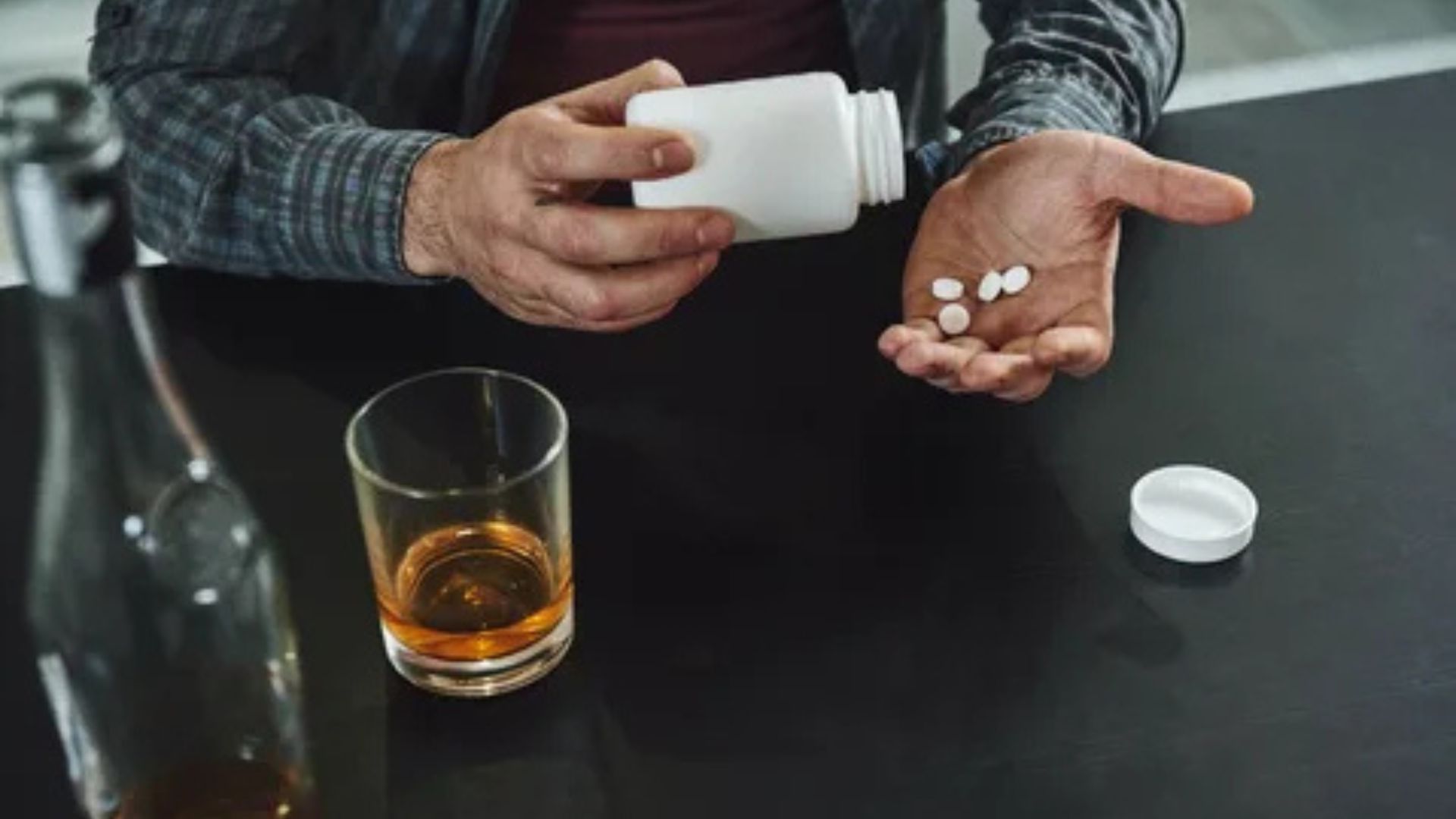No — drinking pickle juice does not clean your system. While pickle juice can provide electrolytes, mild digestive support, and (if fermented) probiotics, there’s no evidence it removes toxins; rely on hydration, fiber, and your liver/kidneys for true detoxification.
Introduction: Can Drinking Pickle Juice Clean Your System?
Lately, many wellness trends claim that drinking pickle juice can clean your system, helping your body flush out toxins and reset digestion. This tangy, salty brine — made from vinegar, water, and salt — has gained attention for supposed detox benefits. Supporters say it boosts gut health, relieves bloating, and rehydrates after exercise.
But here’s the truth: there’s no scientific proof that pickle juice can detox or clean your body. Your liver, kidneys, and digestive system already handle natural detoxification effectively. While pickle juice does contain electrolytes and may help with hydration or mild digestion support, it’s not a magic cleanse.
In this article, we’ll separate myths from science and explain what pickle juice really does inside your body — its composition, potential benefits, and safe ways to drink it without overdoing the salt.
What’s in Pickle Juice and How It Works in the Body
Pickle juice isn’t just salty water — it’s a mix of vinegar, salt, water, and sometimes natural spices. Some types are fermented, containing probiotics that may support gut health, while others are vinegar-based and lack live cultures. The high sodium level helps replace electrolytes lost through sweat, which is why athletes sometimes drink it after workouts.
The vinegar in pickle juice can also aid digestion and help balance stomach acid levels, though it’s not a proven detox tool. Its tangy kick might stimulate saliva and digestive enzymes, supporting normal digestion. However, calling it a “system cleanser” is misleading — pickle juice doesn’t flush out toxins; it simply provides hydration and a minor digestive boost.

Common Beliefs: Can Pickle Juice Really Clean Your System?
Many people believe that pickle juice can clean your system by flushing out toxins, improving digestion, or resetting your gut. Social media trends and “pickle juice detox” videos have fueled this idea, claiming benefits like clearer skin, reduced bloating, and even hangover relief.
However, these claims often mix up hydration and detoxification. While pickle juice’s electrolytes may help your body stay hydrated and ease cramps, that doesn’t mean it removes toxins. Your organs — mainly the liver and kidneys — handle that naturally. Drinking pickle juice might make you feel refreshed or less bloated, but it doesn’t cleanse your system in the medical sense. It’s more of a hydration support than a true detox solution.
Scientific Evidence: What Research Shows
| Section | Details |
|---|---|
| Heading | Scientific Evidence: What Research Shows |
| Main Point | There’s no solid scientific evidence that drinking pickle juice can clean your system or act as a detox. |
| Health Benefits Found in Studies | – May relieve muscle cramps due to its strong, salty taste triggering nerve reflexes.- Helps replenish electrolytes lost through sweat.- May support blood sugar regulation because of its vinegar content. |
| What It Does Not Do | Pickle juice does not remove toxins or perform internal cleansing. |
| Body’s Natural Detox System | The liver, kidneys, and digestive tract continuously eliminate waste naturally. |
| Final Insight | Pickle juice provides hydration and minor digestive support, but it’s not a proven detox drink. |
Risks and Side Effects of Drinking Pickle Juice
Although pickle juice has some benefits, it’s not risk-free. The biggest concern is its high sodium content, which can raise blood pressure and strain the kidneys if consumed regularly. People with hypertension, kidney disease, or heart issues should avoid drinking it in large amounts. The vinegar in pickle juice can also irritate the stomach or throat, especially if consumed undiluted.
Overdoing pickle juice can cause bloating, dehydration, or water retention — the opposite of what detox enthusiasts promise. Moderation is key: a few ounces occasionally is fine, but daily consumption can do more harm than good. Always check with your healthcare provider if you’re considering adding pickle juice to your routine.
Better Supported Natural Ways to Support Detoxification
If your goal is to “clean your system,” there are healthier and more effective methods than drinking pickle juice. Your body naturally detoxifies through the liver, kidneys, lungs, and digestive tract, so the best thing you can do is support those organs. Staying hydrated with water, eating fiber-rich foods, and getting regular exercise all help your body flush out waste naturally.
Including fermented foods like yogurt, kimchi, or naturally fermented pickles can also improve gut health by adding beneficial bacteria. While pickle juice may offer small hydration or digestive benefits, it can’t replace the body’s built-in detox system. A balanced diet and healthy lifestyle remain the most reliable “cleanse.”

How to Safely Drink Pickle Juice (If You Choose To)
If you enjoy pickle juice, the key is moderation. A small serving — about 1 to 2 ounces diluted with water — is enough to get its benefits without overloading your body with sodium. Choose naturally fermented pickle juice over vinegar-based versions for a probiotic boost that supports gut health.
Avoid drinking pickle juice daily, especially if you have high blood pressure or kidney concerns. Instead, use it occasionally for post-workout hydration or mild muscle cramp relief. Always listen to your body and consult your healthcare provider before adding it to your diet — pickle juice should complement your wellness routine, not replace it.
FAQs About Drinking Pickle Juice and Detox Claims
Q1: Can drinking pickle juice detox your body?
No, pickle juice cannot detox or clean your system. While it contains electrolytes and vinegar that may support hydration and digestion, it doesn’t remove toxins. Your body’s natural detox organs — the liver, kidneys, and digestive system — already do this efficiently.
Q2: How much pickle juice is safe to drink?
Most experts recommend 1–2 ounces occasionally, diluted with water. Drinking too much can raise sodium levels and increase blood pressure.
Q3: Does pickle juice help with hydration?
Yes, it can. The sodium and potassium in pickle juice help replenish electrolytes, especially after intense exercise or sweating.
Q4: Can pickle juice improve gut health?
Fermented pickle juice (not vinegar-based) may contain probiotics that support gut balance. However, store-bought versions often lack these live cultures.
Q5: Who should avoid drinking pickle juice?
People with high blood pressure, kidney disease, or acid reflux should avoid or limit pickle juice due to its high sodium and acidity levels. Pregnant women should also consult their doctor before consuming it regularly.
Q6: Is pickle juice good for a hangover or cramps?
Some studies suggest pickle juice may help relieve muscle cramps because of its electrolyte content and strong flavor. It may also ease mild hangover symptoms, but it’s not a cure.
Q7: What’s the healthiest way to include pickle juice in your diet?
Use small amounts as a hydration boost, salad dressing, or marinade. Always choose low-sodium, naturally fermented types for maximum benefits without added risks.
